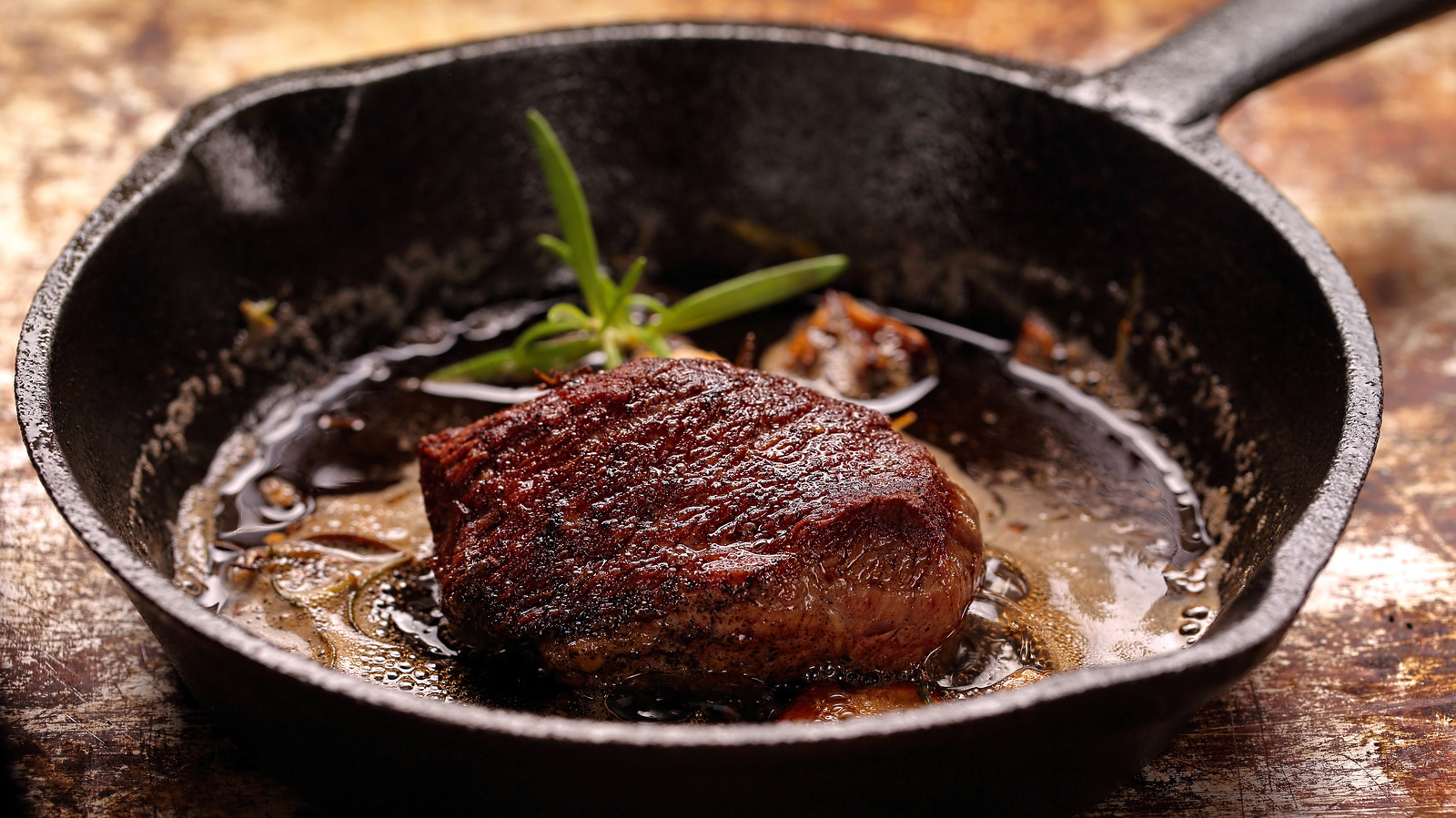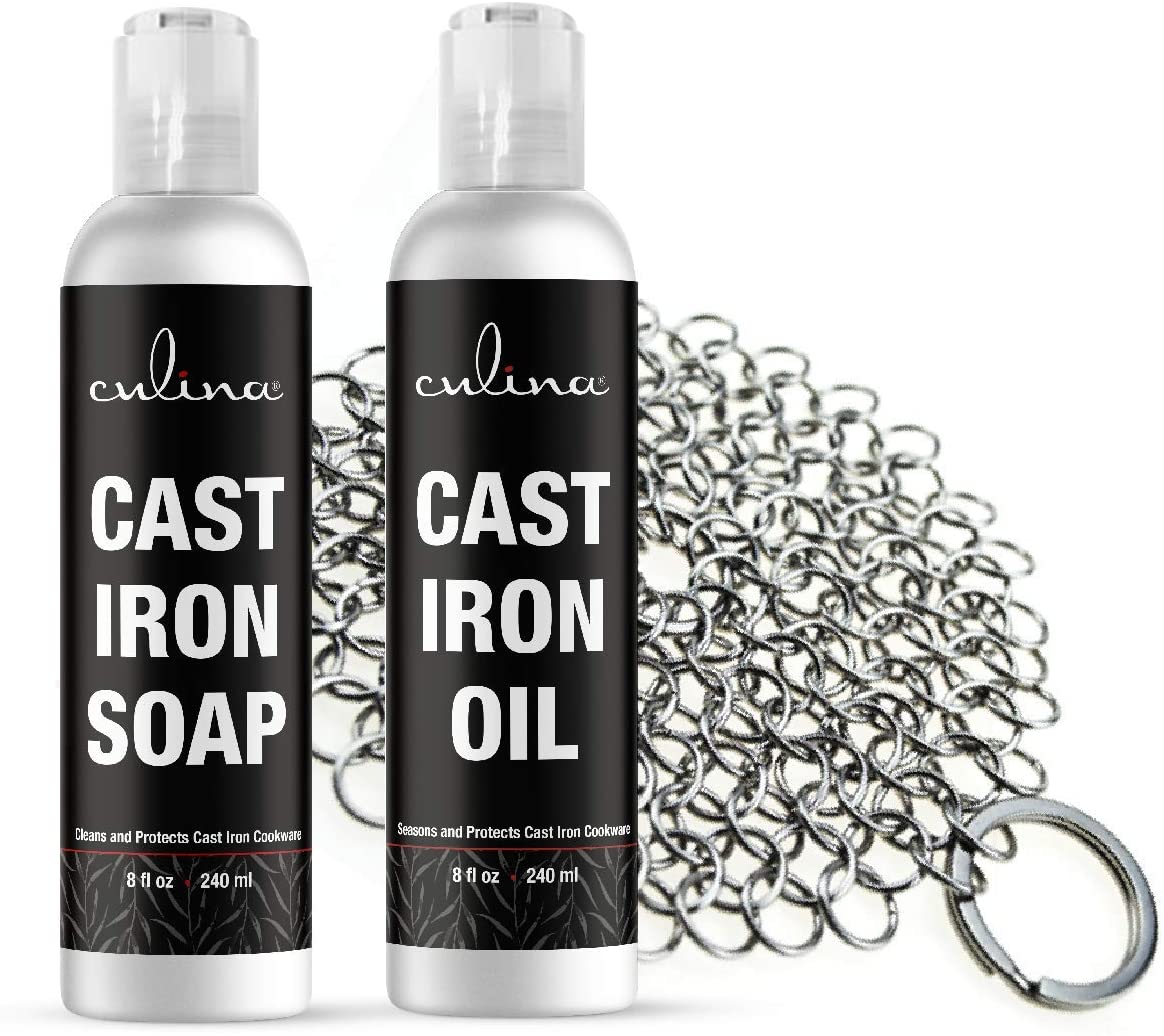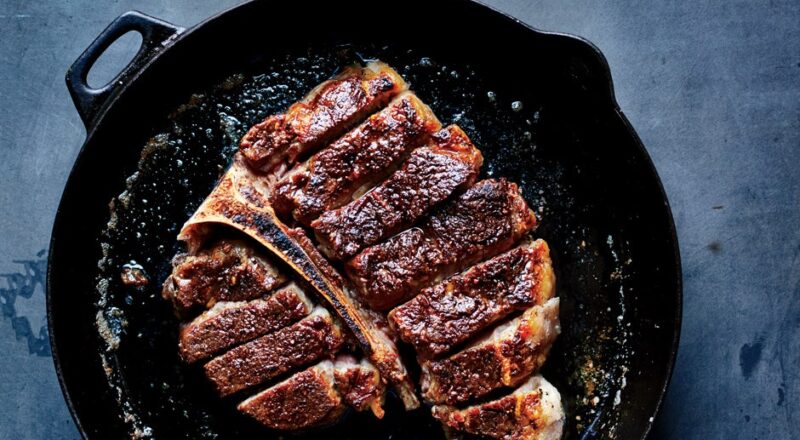
Introduction
Welcome to our comprehensive guide on how to clean cast iron skillet with salt. If you’re a kitchen professional or simply someone who loves cooking, understanding the right methods to maintain your cast iron skillet is crucial. Cast iron skillets are renowned for their durability and ability to retain heat, making them a favorite in the culinary world.
Cleaning them, however, requires special attention to ensure they remain in prime condition. In this article, we will explore the effective use of salt as a natural cleaning agent to keep your cast iron skillet in top shape.

The Importance of Cleaning Cast Iron Skillets Properly
Cast iron skillets are not just regular kitchen tools; they are valuable assets. Proper cleaning and maintenance can extend their lifespan tremendously. Incorrect cleaning methods can lead to rust and deteriorate the skillet’s performance. Therefore, learning how to clean cast iron skillet with salt is an essential skill for any kitchen professional.
What Makes Salt an Effective Cleaning Agent?
Salt is a natural abrasive that can easily remove stubborn food particles and residues from the skillet’s surface. Its coarse texture allows it to scrub away debris without damaging the skillet’s seasoning. Additionally, salt has antibacterial properties that help in sanitizing the skillet.

Step-by-Step Guide: How to Clean Cast Iron Skillet with Salt
Step 1: Gather Your Materials
Before you start, make sure you have the following materials ready:
- Coarse kosher salt
- Soft sponge or cloth
- Warm water
- Paper towels
Step 2: Let the Skillet Cool
After cooking, allow your cast iron skillet to cool down. Cleaning a hot skillet can cause thermal shock, leading to cracks or warping. Patience is key here.
Step 3: Sprinkle Salt
Once the skillet is cool, sprinkle a generous amount of coarse kosher salt over its surface. Ensure the entire cooking surface is covered.
Step 4: Scrub with a Sponge
Using a soft sponge or cloth, gently scrub the salt over the skillet’s surface. The abrasive action of the salt will help loosen and remove any stuck-on food particles.
Step 5: Rinse and Dry
Rinse the skillet thoroughly with warm water to remove all the salt and debris. After rinsing, dry the skillet completely using paper towels. It’s crucial to ensure the skillet is dry to prevent rust.
Step 6: Reseason the Skillet
After cleaning, it’s a good practice to reseason your cast iron skillet. Apply a thin layer of vegetable oil to the skillet’s surface and heat it on the stove or in the oven for a few minutes. This helps maintain the skillet’s non-stick properties and protects it from rust.
Advantages of Using Salt to Clean Cast Iron Skillets
Natural Abrasive
Salt is a natural abrasive that effectively removes food particles without harsh chemicals.
Antibacterial Properties
Salt has inherent antibacterial properties, ensuring your skillet is sanitized after each use.
Preserves Seasoning
Unlike soap, salt does not strip away the skillet’s seasoning, allowing it to maintain its non-stick surface.
Other Tips for Maintaining Your Cast Iron Skillet
Avoid Soap
While it might be tempting to use soap, it’s best to avoid it as it can strip away the skillet’s seasoning.
Store Properly
Store your cast iron skillet in a dry place to prevent rust. Store properly to enhance its longevity.
Use It Regularly
Regular use of your cast iron skillet helps maintain its seasoning and cooking performance.
Common Mistakes to Avoid When Cleaning Cast Iron Skillets
Using Dishwashers
Never put your cast iron skillet in a dishwasher. The harsh detergents and high heat can damage the skillet.
Soaking in Water
Avoid soaking your cast iron skillet in water for extended periods, as this can lead to rust.
Skipping Seasoning
Always reseason your skillet after cleaning to maintain its non-stick properties and prevent rust.
FAQs
Can I use any type of salt to clean my skillet?
It’s best to use coarse kosher salt as it provides the right amount of abrasion without being too harsh.
How often should I clean my cast iron skillet?
Clean your skillet after each use to prevent food particles from building up and to maintain its performance.
Is it necessary to reseason my skillet every time I clean it?
While it’s a good practice to reseason after each cleaning, if you skip it occasionally, it’s not the end of the world. However, regular reseasoning helps maintain the skillet’s quality.
Conclusion
In conclusion, learning how to clean cast iron skillet with salt is a valuable skill for any kitchen professional. By following the steps outlined in this guide, you can ensure your skillet remains in excellent condition, providing you with years of exceptional cooking experiences. For more tips on maintaining your cast iron cookware, check out Chicken Thighs and Make Chili. For additional insights on cleaning techniques, visit Taste of Home for more information.
As an Amazon Associate, I earn from qualifying purchases.

